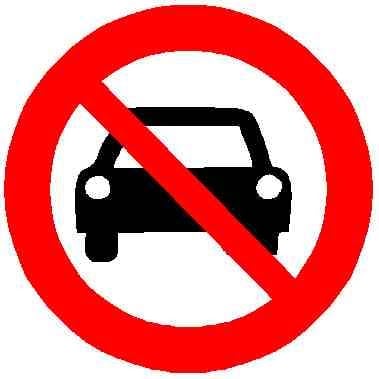

You’re shifting from “this isn’t true” to “this doesn’t exist unless you cite a clip.” Those are different claims.
I’m not arguing that one isolated moment proves my case. I’m criticizing a style of engagement that shows up across all of his content, where moral condemnation precedes analysis and critques/arguments are reframed instead of answered.
You’re free to disagree with that description. But dismissing it as “Jello” doesn’t make it go away, it just sidesteps what I am getting at.






You’re asking for a formal, step-by-step evidentiary case. I’m offering a high-level critique of a rhetorical pattern. Those are different kinds of claims, and neither is illegitimate.
I’m not “declaring victory,” I’m describing how his style reads to a lot of leftists: moral preloading, reframing, and condemnation first, engagement second. That’s an interpretive claim, not a syllogism, and it doesn’t require me to footnote every instance to exist.
You’re right that if this were a debate, I’d need to walk through examples. But this isn’t a debate, it’s a comment thread. I’m explaining why many people react to him the way they do, not trying to prove a theorem.
If you don’t recognize that pattern, that’s fine. We just have different readings of the same content. But saying “there is no substance” because it isn’t presented in your preferred format is just another way of refusing to engage with the claim itself.